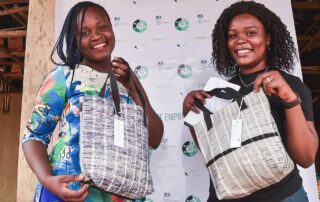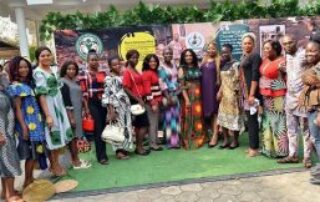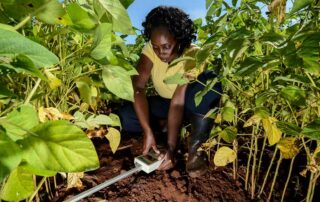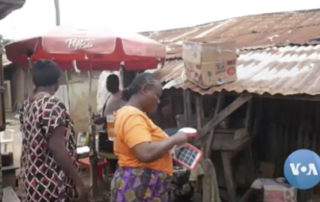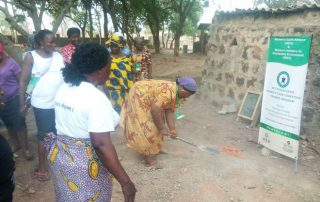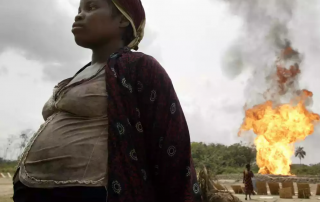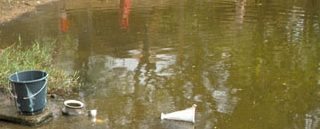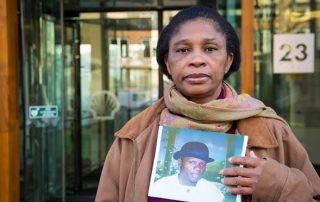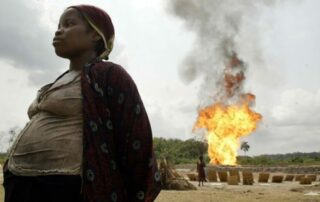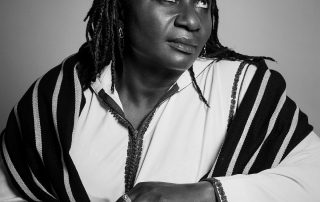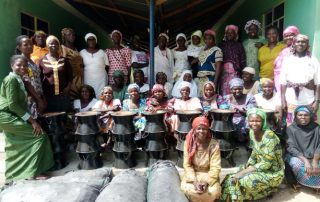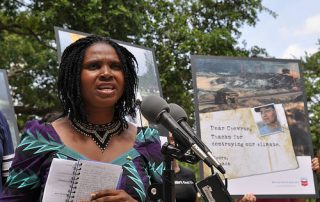Nigerian Climate Action Group Trades Trash For Cash
Ecobarter is a youth-led waste-management company in Nigeria founded by Rita Idehai, a young female entrepreneur who aims to make sustainable consumption and disposal more convenient and accessible. The company provides an integrated online platform and app which connects users to local exchange centers, drop-off points, and doorstep collectors who will pick up and deliver recyclables to such locations. Ecobarter also includes a points system whereby users receive points each time they recycle a certain amount of plastic or metal. These points can then be converted to cash rewards which are sent directly to the user’s bank account, or they can be used to shop on Ecobarter’s eco-friendly marketplace, donate to selected charities, or subscribe to health insurance services. One customer, Rebecca Bulus, explains that not only has this project helped make her environment cleaner, but she is able to use her rewards to buy cooking ingredients to support her family. This system benefits waste producers and collectors alike while contributing to a wider goal of keeping trash out of the streets and water bodies. Photo Credit: Ecobarter


